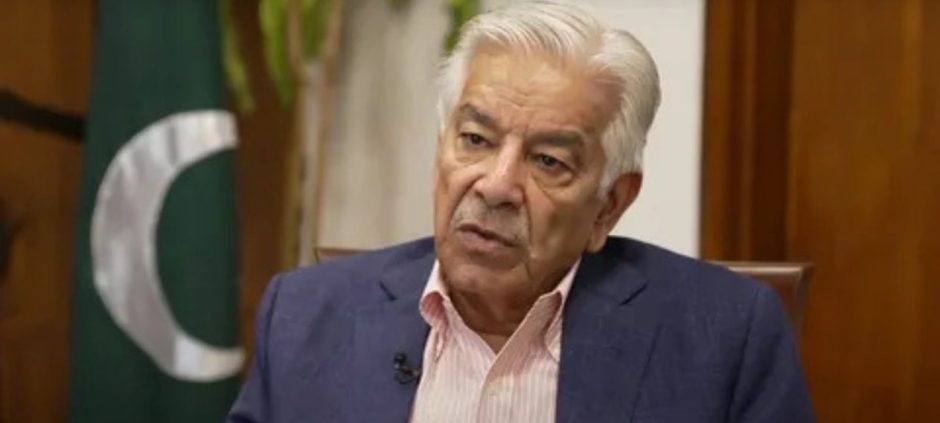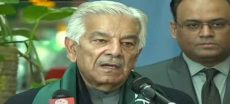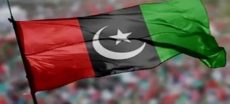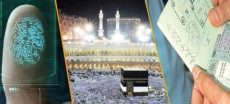Khawaja Asif has strongly emphasized that Pakistan must shed its “soft state” image and embrace the characteristics of a “hard state” to ensure stronger governance and national security. According to the veteran politician, a soft state risks instability and weak enforcement of laws, whereas a hard state guarantees accountability, resilience, and strategic authority.
Speaking at a public forum, Khawaja Asif highlighted that Pakistan’s leadership should prioritize effective law enforcement, national defense, and coherent foreign policy strategies. He stressed that the country must take proactive measures to address internal and external threats while projecting stability and authority. “Pakistan cannot afford to maintain a soft state approach in times where regional challenges are increasing,” he said, urging political and military institutions to reinforce state strength.
In addition to internal governance, Khawaja Asif underscored the importance of maintaining peaceful and cooperative relations with neighboring countries. He particularly spoke about the significance of Pakistan-Afghanistan ties, noting that mutual respect and strategic diplomacy are essential for regional stability.
He argued that Pakistan must transition to a hard state model to strengthen governance, ensure law enforcement, and protect its borders. Clear strategies are needed to address domestic challenges and regional threats, while citizens’ trust depends on transparency, accountability, and consistent policy enforcement. Khawaja Asif warned that without a hard state approach, the country could face difficulties in maintaining law and order, responding effectively to economic pressures, and safeguarding national interests.
By calling for a shift from soft to hard state governance, Khawaja Asif has sparked a conversation about Pakistan’s future resilience, strategic decision-making, and the role of leadership in securing both domestic stability and regional influence. His remarks underscore the need for Pakistan to strengthen its authority while promoting constructive diplomacy and national unity.











